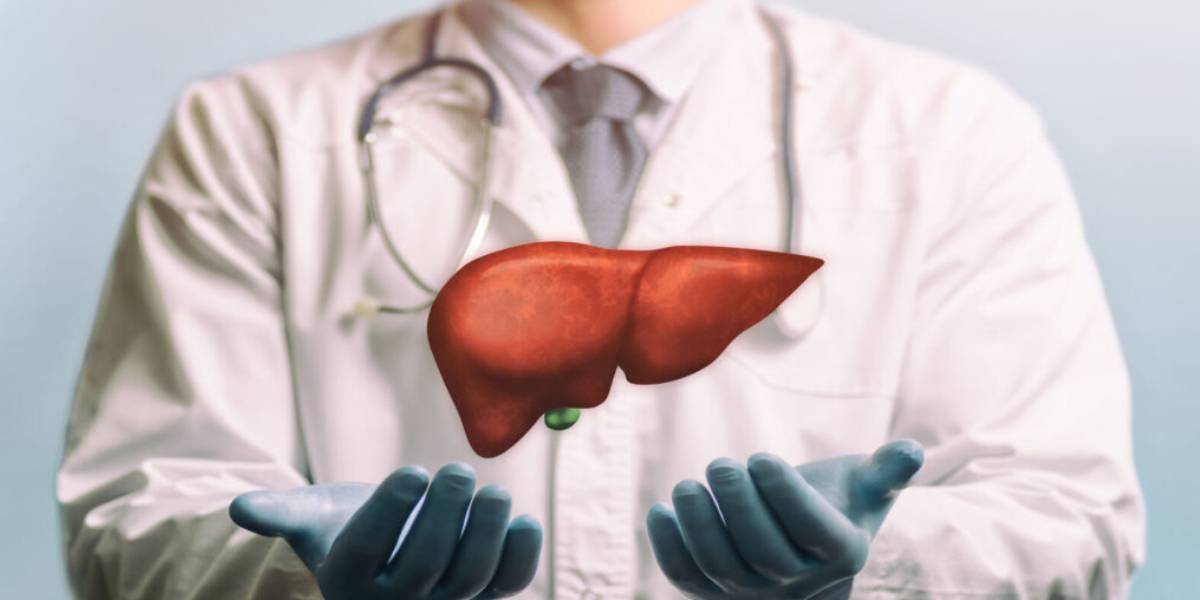In the animal trial, conducted over three years entirely in India, the treatment showed reversal of liver fibrosis – a critical indicator of liver recovery – in all test subjects.
Published Jul 26, 2025 | 12:57 PM ⚊ Updated Jul 26, 2025 | 12:57 PM

India accounts for nearly 20 percent of all liver-related deaths worldwide.
Synopsis: A biostartup incubated at the University of Hyderabad has successfully completed the world’s first animal trial of a combined stem cell–exosome therapy for liver failure. Developed entirely in India, the treatment reversed liver fibrosis in all test animals and significantly outperformed the untreated group in survival and recovery rates. The company is now preparing to begin human clinical trials in collaboration with NIMS, Hyderabad.
In a significant step forward for regenerative medicine, Hyderabad-based biotech startup Tulsi Therapeutics, incubated at the University of Hyderabad’s ASPIRE-BioNEST, has successfully completed the world’s first animal trial of a combined stem cell–exosome therapy for liver failure.
The therapy, named Tulsi-28X, uses biological agents derived from Wharton’s Jelly, a part of the human umbilical cord. Stem cells are special cells in the body that can develop into many different types of cells and help repair damaged tissues.
Exosomes are tiny particles released by cells that carry messages – like proteins and genetic material – to help other cells heal or function better. While stem cells and exosomes have been studied separately, this is the first time a combination of both has been tested in a preclinical setting.
In the animal trial, conducted over three years entirely in India, the treatment showed reversal of liver fibrosis – a critical indicator of liver recovery – in all test subjects. None of the treated animals died during the trial, in stark contrast to the 43 percent mortality and just 14 percent recovery observed in the untreated group.
“This is a significant milestone for India’s biotech industry,” said Dr Sairam Atluri, Founder and CEO of Tulsi Therapeutics in a statement.
“ASPIRE-BioNEST provided a world-class platform that helped us translate our vision into scientific reality. While human trials are the next challenge, this study opens doors to a new class of biologics in liver disease.”
India accounts for nearly 20 percent of all liver-related deaths worldwide, making the innovation particularly relevant for the country. If human trials succeed, Tulsi-28X could represent a transformative step in the global treatment of liver failure.
Although the therapy was initially conceptualised in the United States, its development – from bench to animal testing – was carried out entirely at ASPIRE-BioNEST, a life sciences incubator supported by the University of Hyderabad and the Department of Biotechnology’s BIRAC programme.
“We are committed to developing world-class yet affordable regenerative solutions,” said Dr Ravi Bonthala, Chief Scientific Officer, Tulsi Therapeutics.
“Our next step is to take Tulsi-28X into human clinical trials in collaboration with Nizam’s Institute of Medical Sciences (NIMS).”
The trial findings were recently presented at the AASLD Liver Conference 2024 in San Diego, one of the leading global forums for liver research. The findings have also been accepted for publication in the Journal of Regenerative Medicine.
Meanwhile, the company is now preparing for human clinical trials, in partnership with NIMS, Hyderabad.
Vice Chancellor of the University of Hyderabad, Prof B.J. Rao, welcomed the development, noting the importance of synergy between science, policy, and enterprise.
“This milestone highlights how India’s innovation ecosystem is capable of delivering breakthrough global biotech products,” Prof Rao said in a statement.
(Edited by Dese Gowda)
